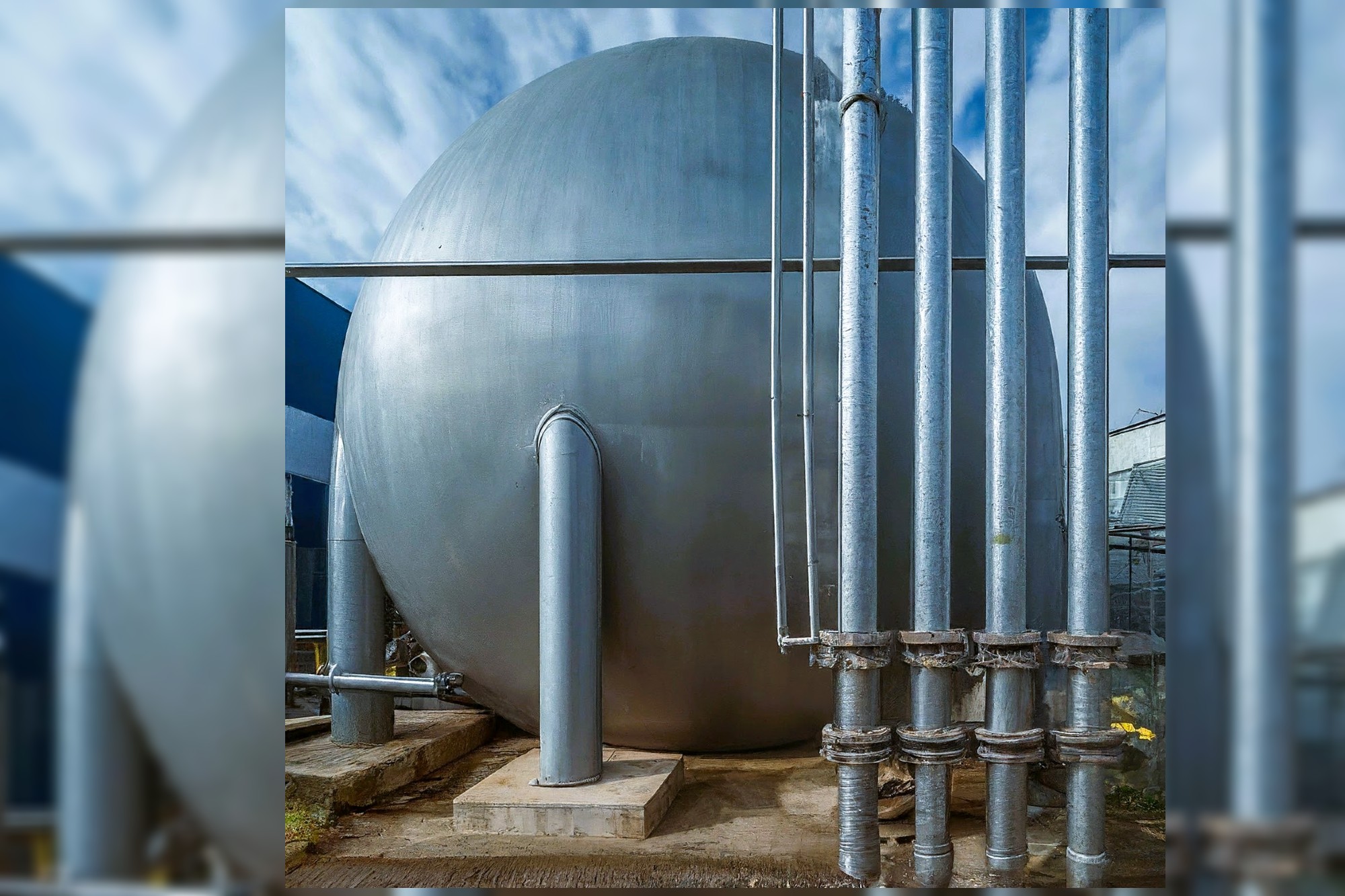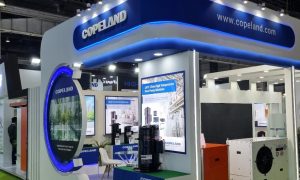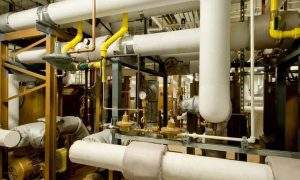The boiler industry has grown because of its energy efficiency and accessibility on a global scale, which enables users to heat their homes using renewable fuels. In an effort to reduce dependency on foreign oil, businesses are selling heating oil and biodiesel together.
The commercial boiler market will increase from its present value of USD 11.8 billion to more than USD 29.3 billion by 2035, with a CAGR of almost 6.8 percent till then. The growing emphasis on energy efficiency in commercial buildings has created a greater demand for modern commercial boilers that use cutting-edge technologies like as condensing boilers and modulating burners. These improvements strive to maximize fuel economy while decreasing energy waste, resulting in decreased operational costs and carbon emissions.
Regulatory mandates and environmental initiatives are driving demand for low-emission commercial boilers. More rigorous emission standards and a growing preference for environmentally friendly architecture are encouraging the use of cleaner fuel sources such as natural gas or biofuels. This, combined with the incorporation of emission control technologies, helps the achievement of sustainability goals in building operations.
The expansion of the boiler sector can be ascribed to its global accessibility and energy efficiency, which allow consumers to heat using renewable fuels. Companies are offering a combination of heating oil and biodiesel to lessen reliance on foreign oil. Oil-fired boilers are also more affordable than electric boilers, making them a financially viable option. The COVID-19 epidemic impacted the commercial boiler industry, reducing production capacity and demand for commercial use. However, the industry has seen a substantial return since late 2021, as several manufacturing sectors have resumed operations.
The push for energy efficiency and lower carbon emissions has increased demand for electric commercial boilers. These boilers have zero on-site emissions and may be fuelled by renewable energy sources, which aligns with the trend for greener commercial buildings. Electric commercial boilers are increasingly being outfitted with smart and linked technology. IoT (Internet of Things) features enable remote monitoring, control, and optimization of boiler performance, resulting in improved energy management and maintenance.
Hot water commercial boilers are being constructed to work with renewable energy sources including solar thermal systems and heat pumps. This integration minimises dependency on conventional energy sources and helps to reduce carbon impact. These systems are becoming increasingly intelligent and networked. IoT-enabled controls offer remote monitoring, diagnosis, and optimisation of boiler performance, resulting in improved energy management and predictive maintenance.
> 2.5 – 10 MMBtu/hr commercial boilers are increasingly being designed with modular and compact configurations. Modular systems allow for scalability and flexibility, enabling businesses to adapt the boiler capacity to their changing needs. Energy efficiency remains a critical factor. Boiler manufacturers are incorporating advanced combustion technology, improved heat exchange surfaces, and condensing features to optimize fuel utilization and reduce operating costs.
The boiler market is poised for growth, propelled by a considerable change toward the advancement of sustainable buildings and the implementation of government directives aimed at attaining decarbonisation and extraordinarily energy-efficient building stocks in the near future. Regulatory agencies have implemented measures requiring member nations to adopt methods targeted at reducing the carbon footprint of commercial establishments. These initiatives have created a favorable environment for the adoption of energy-efficient heating solutions, boosting overall market prospects.
Stricter emissions laws and environmental concerns are driving the adoption of low-emission and ultra-low NOx boilers throughout North America. Commercial boilers are being developed and upgraded to satisfy these high emissions criteria, resulting in cleaner air and a lower carbon impact. Energy efficiency remains a critical driver. Building owners and operators are increasingly looking for high-efficiency boilers that can reduce operating costs while also meeting sustainability requirements. Condensing boilers and sophisticated combustion technologies are gaining popularity.
Key operating players in commercial boiler market are Babcock Wanson, Clayton Industries, The Fulton Companies, Miura America, Vaillant Group, Ariston Holding, Remeha, Precision Boilers, A.O. Smith Water Products Company, Slant/Fin Corporation, PARKER BOILER, Bradford White Corporation, Columbia Boiler Company, BURNHAM COMMERCIAL BOILERS, Weil-McLain, Bosch, Atlantic Boilers, FERROLI, VIESSMANN, Cleaver-Brooks and Babcock & Wilcox Enterprises.
Cookie Consent
We use cookies to personalize your experience. By continuing to visit this website you agree to our Terms & Conditions, Privacy Policy and Cookie Policy.















